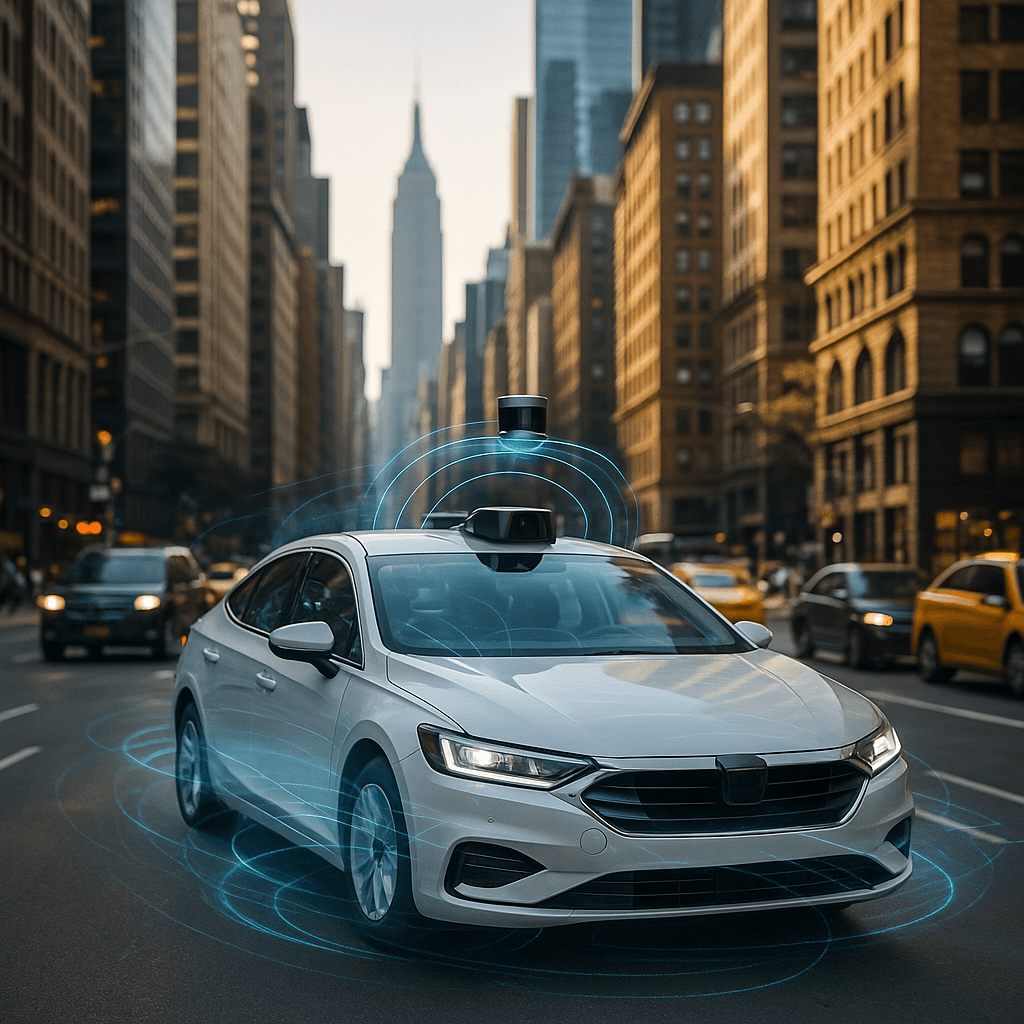Google just unleashed AI directly into the Pixel 10 Pro's camera system, and early samples of its flagship 100x zoom feature are raising serious questions about computational photography's future. The Pro Res Zoom technology promises unprecedented mobile zoom capabilities, but initial results from reviewers show wildly inconsistent quality that has the photography community deeply divided.
Google just crossed a line that has mobile photography experts both excited and deeply concerned. The company's new Pixel 10 Pro doesn't just enhance photos with AI—it fundamentally reconstructs what you're pointing the camera at through its revolutionary Pro Res Zoom feature, delivering 100x magnification that challenges everything we thought possible from a smartphone camera. But early samples flooding social media tell a troubling story of inconsistent results that range from stunning to downright unsettling. Android Authority's early testing revealed images where AI enhancement creates artifacts so pronounced they make subjects look artificial, while YouTube samples from other reviewers showcase genuinely impressive detail recovery that seems almost impossible from such extreme magnification. The divide isn't just technical—it's philosophical, forcing us to confront what constitutes authentic photography in an AI-driven world. The Vergecast team, led by executive editor Jacob Kastrenakes alongside reviewers Victoria Song and Allison Johnson, spent significant time analyzing the implications during their deep-dive coverage of the Pixel event. The feature works by using machine learning models trained on millions of images to essentially hallucinate detail that the optical system cannot physically capture, a technique that Google insists still qualifies as genuine photography according to the device's metadata tagging. This represents the most aggressive integration of generative AI into consumer photography to date, surpassing even Google's previous computational photography breakthroughs like Night Sight and Magic Eraser. The timing couldn't be more critical for , as the company faces intensifying competition from and , both of which have made significant camera improvements this generation. But while competitors focus on traditional optical enhancements, Google is betting everything on AI-generated imagery—a strategy that could either revolutionize mobile photography or create a consumer backlash against artificially enhanced photos. Industry analysts are watching closely as early adopters grapple with images that sometimes look impossibly detailed and other times noticeably artificial. The broader Pixel 10 event, which featured an unusual , also introduced new AI features across Google's ecosystem, including Gemini integration for smart speakers and an AI coach for the Pixel Watch 4 through . These announcements signal Google's commitment to embedding AI throughout its hardware lineup, making the Pixel 10 Pro's camera controversy just the beginning of a much larger conversation about AI's role in consumer technology.












